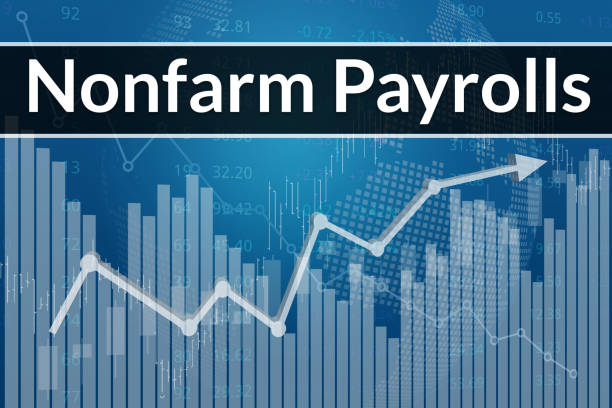It is good that economic crashes are rare. This makes them harder to study.
The severity of the events makes it essential for us to understand them fully, says Matteo Magiori, associate professor of finance at Stanford Graduate School of Business. My colleagues and I have been laying the foundations for a crash to be studied in depth as soon as possible.
Maggiori studied how investors react to economic shocks by examining the stock market’s drop following the news. In early 2020, Maggiori conducted three large-scale surveys with Stefano Giglioopen in a new window from Yale University, Johannes Stroebelopen in a new window from NYU, and Stephen Utkusopen in a new window. Vanguard asked clients their opinions on short-term and long-term returns and economic growth. The first survey was launched in mid-February last year, just a few weeks before U.S. stocks reached a new high. The second one followed during a steep market drop in mid-March, and the third one in mid-April, when markets started to recover. These questionnaires form part of an ongoing project surveying Vanguard clients every two months since Feb 2017. Utkus was the former head of Vanguard’s Center for Investor Research.
Maggiori says, “Being able to generate data in real-time to understand investor beliefs, markets, and trading was an amazing experience.” The research technologies have made incredible progress over the past decade. The researchers gained several surprising insights published by the Proceedings of the National Academy of Sciences.
Take Stock
Investors were remarkably pessimistic as the stock markets plummeted in early 2013. They were, however, comparatively timid in their actions. Maggiori states that the investor’s expectations of average annual returns on the market dropped from 6% to 1% between February and March – “a very significant movement.” The perceived likelihood of a disaster for economic growth in 2020 and 2021-22 has also increased. Few investors have reacted aggressively to their portfolios. Portfolios were rebalanced away from stocks and towards less risky investments. However, this was not in line with the investors’ reported pessimism. Investors retained their long-term outlook on the economy and the stock market.
Maggiori says: “Something is interesting about the transmission mechanism from beliefs to action since actions are muted compared to what we would expect based on reported beliefs.” Economic models suggest that falling expectations can lead to a rapid sell-off of stocks. “In reality, we found that the strength of this correlation is ten times less than our benchmark models predicted. This doesn’t necessarily mean the models are wrong. But they need to be improved.
Although almost everyone who responded to the survey expressed greater short-term optimism in March 2020 compared to a month before, there was an unexpected exception: for those investors who were most pessimistic at the time, the market was still high despite the coronavirus’s development overseas. Maggiori says that a group was suspicious about the market’s future in February because they had seen COVID-19 spreading in Europe and China. Although it had not yet reached America, these investors expected an abysmal performance. After the crash, these early pessimists became more positive, while the rest of the market moved the opposite way.
Crash Tests
Maggiori faces difficulty determining which findings could be applied to financial crashes more generally. In the study of hits, the Great Depression and the recession of 2008 are of great importance. Most of what economists think about major downturns comes from these two cases. Another event is invaluable for economists who want to understand what happens during crises.
He says there is tension between documenting the event and thinking about what it means for models, but also not going too far, given that we are only observing a distinctive incident. It’s possible that the COVID-19 crash was a rare event, but more data is needed to draw more significant lessons. Maggiori and his collaborators continue monitoring the investors watching the markets. This survey will generate more data. We will continue to learn.
